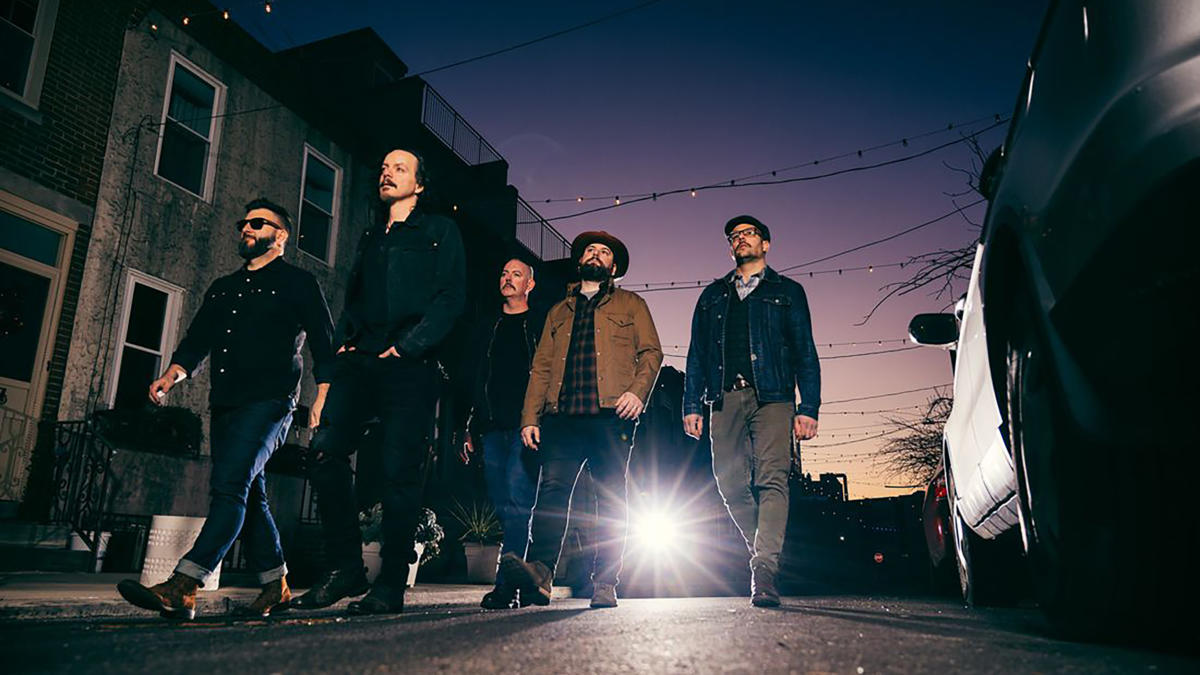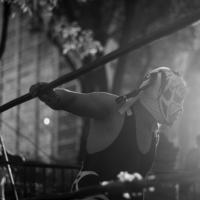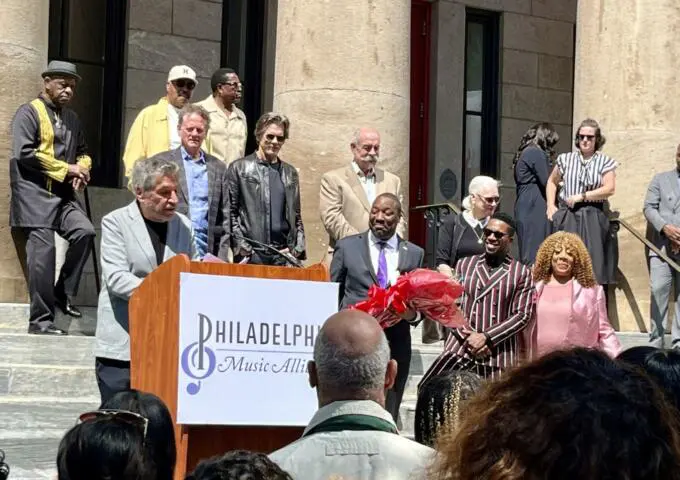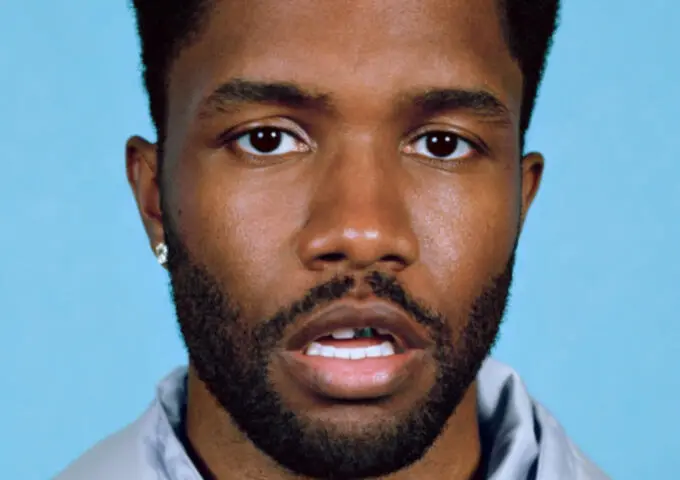“When one starling changes direction or speed, each of the other birds in the flock responds to the change, and they do so nearly simultaneously regardless of the size of the flock.” – M.R. Subramanian
The same could be said for the musical explorations of the Philadelphia quintet Brother Starling. Each idea or note leads them in harmony to create their own unique brand of dynamically emotive songs.
Drawing inspiration from rock and roll’s past and American roots music, Brother Starling takes you on a journey through Laurel Canyon with songs that capture the essence of artists such as Neil Young, Wilco, Fleetwood Mac, The Band and Dawes.
Geremiah Giampa’s heartfelt vocals weave above the impassioned guitar and keyboard interplay of Mike Rusch and Joe Ryan as the grooves of Brian Finucane and Tom Mellon solidly drive the band forward.
Brother Starling released their debut LP, “The Weight of Change,” earlier this year. The album is a reflection on life, death, wonder, and the volatile times we are living in.
Produced by Derek Chafin at BarnSound in Delaware County, Rusch said, “I’ve been in the studio before, but this recording experience was different – it was special. Derek really pushed us to collectively capture the emotion, to go to that place and capture those feelings. From a musician perspective, it was an incredible learning experience for all of Brother Starling has opened for Matthew Sweet at World Cafe Live, Blind Melon at the TLA, is scheduled to play the 2020 Wayne Music Festival and has performed at The Medford Oktoberfest and Music Festival, South 9th Street Italian Market Festival and WhitsEnd Music Festival.
PW recently caught up with the band to talk about the album and future plans.
Your debut album, “The Weight of Change,” came out earlier this year. Talk a little about how it came together. How have your fans reacted to it?
Geremiah : “The Weight of Change” came together after about a year of playing and understanding who we were as a unit. I had some older songs that I could never really finish or some ideas that just weren’t really the right time for the band. As we played and gravitated to the Americana/Classic Rock sound, those older songs started to work, along with the new ones we were writing together. During the recording, the country was (still is) going through some turmoil and I went through some personal tragedy. These things really guided the theme of the lyrics and brought meaning to the album title. I think our fans have really enjoyed it and we are looking forward to getting it into as many ears as we can.
Tom: We found our chemistry quickly through playing a lot of great shows in 2018. We we’re excited about the band that we were quickly becoming and wanted to make sure it came across in the songs that we were writing. The pre-production sessions were very fluid and the songs were pretty much writing themselves. So rather than put it off or overthink the songs, we peeled back from playing shows and turned our attention to recording. We were peaking creatively so we wanted to take advantage of it. Most of “The Weight of Change” was recorded over a long weekend with many of the scratch tracks remaining because of the vibe that we captured. It was the most organic project that I’ve ever been a part of. The feedback from the people that have listened or reviewed the record have reacted in a way where we know they understood our intention and musical landscape that we were trying to create. That’s the very definition of making a connection with the listener and we couldn’t ask for more. Well, except for the pandemic to be over so we can be socially non-distant and play live again.
Joe: When Mike and I joined the band in 2017, we really started writing day one. At first the songs seemed to stretch across a wide array of themes and moods, but once we got to the studio our producer, Derek Chafin, gave them direction and continuity. We really loved the recording process and truly fed off of each other. We had a lot of conversations and deliberated on what was best for the overall album. We feel this album is the result of a true collaboration of all of the band members as well as Derek providing us with guidance and a much-needed alternate and experienced perspective. We’ve gotten a great response from our friends and from the Philadelphia music scene who has been able to provide us with really insightful feedback. We’ve heard specific stories about how it’s touched some folks and are very proud to be recognized that way.
Mike: It was a very honest process. No one in the band was trying to force anything or overthink any particular aspect of a song. For every track on the album, we just tried to make it the best we possibly could and it wasn’t until we finished hitting record when we finally took a moment to look at what we created and hear how cohesive the album sounded. We really captured something and the best compliment I get is when someone listens to it all the way through, I feel like that is when they really connect and the lightbulb goes off.
Brian: We had the songs as we put them together and had even been playing a few live prior to recording. Our producer has taught us the value of looking at our songs from many different perspectives and angles during the pre-production process. Sometimes a rock song can become a ballad and vice-versa. “All Those Nights” and “20 Years” are two great examples of this. They both became completely different sounding and better songs, while not losing their core identity. Our audience has definitely responded well to the album. The compliments received both in person and online have been wonderful and encouraging. We know we’ve tapped into something good that people can relate to.
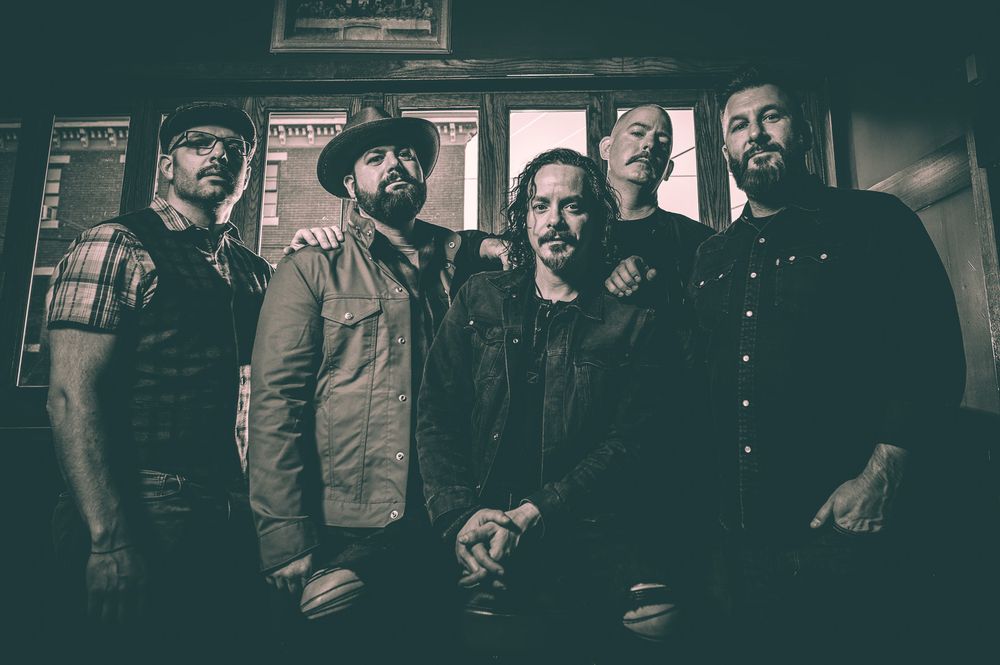
You have played a lot of festivals and events in the past, and have a lot scheduled for 2020. How have the coronavirus and the shutdown affected those plans? How have you been spending your time in self-isolation?
Geremiah: We had spent a lot of rehearsal time learning how to translate the album to a live setting because there are a good amount of harmonies and different instrumentation (for us). It was a lot of work for us to get right, we played our album release show and then lights out. I’m not sure when we’ll get back to playing out again, but we may have two or three more albums to learn by then. I’ve been home just futzing around with song ideas and doing a lot of projects at home that I had put off. My house is very happy for the pandemic.
Tom: For now, they’ve been either cancelled, postponed or rescheduled. As these dates roll by, it’s been sad to sit at home and know we could have been loading in or doing a sound check. Our rehearsals in the earlier part of the year were really gaining momentum. I just can’t wait to get back in our rehearsal space and tap into that energy. In the meantime, Bucks County Drum Company just made me a brand new oak kit so I’ve been spending this isolation time breaking it in. I’m just hoping that Joe didn’t forget how much he likes to carry, set up, and pack my drum gear. (insert wink emoji here)
Joe: It sucks. A lot. We released an album and then several weeks later it seems as though the entire music industry just shut down. We can’t think of this selfishly though. All bands great or small are in the same position. We would love to be promoting and performing this album live and giving it the live exposure we feel it deserves, but we understand all of that is on a pause now and we’ll be back to it as soon as it’s safe. For now, we’ll focus on writing more and trying to do our best to record reimaginations of what we just recorded and have fun with it! I, personally, feel very fortunate to be in a position where I can enjoy time now with the family and still be playing music as much as ever at home. It’s much needed therapy!
Mike: We were booked pretty solid after our album release show in late January and had a good plan in place for promoting “The Weight of Change” before all this hit. Unfortunately it looks like a lot of major concerts will be canceled until November, if they even happen at all in 2020. Also, we don’t know how people will feel about attending a show anytime soon with a big audience. There is nothing we would rather do than play live, perform, and meet new people who might dig Brother Starling so we’re just being patient. However, this band can adapt and adjust and we’re using the time to continue to write and possibly record some new tunes by the end of the year.
Brian: No one really can say when we can resume playing live. Of course we all want to play and a concert is such a special bonding moment for people that’s not quite like anything else, but it’s really up to when the audience feels comfortable being in an enclosed space with a crowd. Writing, demoing new song ideas and honing my skills is how I’ve been spending my time in quarantine. I think this has been a humbling moment for a lot of Americans. It makes you realize how insignificant so many little things you thought were important before really are.
How has being from Philadelphia influenced your music? Are there any local bands or musicians that inspired you?
Geremiah: When I really started playing out, I was in a music collective called Acoustic Philly. That whole group really gave me the confidence to follow my passion and to keep at it one show or song at a time. Most of the artists from that time stopped playing (at least publicly), except for Katie Barbato and Dani Mari (Primitive Heart). I have watched them both grow over the years as songwriters and their love of making music is what inspires me.
Tom: Philly music struck me from an early age when my Uncle Jack started taking me to see The Hooters and Tommy Conwell. Watching and listening to David Uosikkinen play opened my eyes and ears to what a solid drummer looks and sounds like. Experiences like this, as a kid, made me want to find timing, accuracy and stamina in my playing. Being inspired by a local drummer, like David, definitely adds a bit of attitude and Philly pride when I crack the snare and hit the kick.
Joe: We’ve become very close with some other Phila talent and have been able to enjoy some of our favorite venues and artists in some amazing shows and festivals. We’re fortunate to live in a very diverse and vibrant part of the country. We’ve become very nostalgic of our local venues and proud of the club owners and patrons we’ve performed for.
Mike: There are so many talented Philly artists, we actually have a show opening for Ben Arnold which was postponed to August. I’m just proud to be working our way through the scene and to play historic venues like the TLA, that was a pretty special night.
Brian: I’m from New York originally, and I can tell you that for me at least, the difference in the scenes is night and day. I always got the feeling that bands considered themselves adversaries there as opposed to friends all working together here in Philadelphia. I also think it’s important to note that Philly is still relatively affordable for a person in the arts to live. Restarting my career here was the best move I’ve ever made. So many open-minded and cool musicians here that are willing to collaborate and throw shows together. I never felt that comradery in New York. That was just my experience of course.
Social media has changed the way musicians interact with their fans. How important is social media for Brother Starling? Do you enjoy posting updates and photos and interacting virtually with fans, or is it more of a chore?
Geremiah: I think social media is very important to connect with fans, but it takes a lot of time. It’s very difficult to cut through though because there are so many voices trying to get your attention on every platform. My pipedream is that we just keep getting better at writing songs and they can become our social media. Whatever that means.
Tom: Social media has always been extremely important to us but in the recent months, it’s become a lifeline. It’s an outlet for us to have fun posting stories, play live online and interact with people regularly. It would only be a chore if there was no time to post and no one online. However, in a quarantine, all we have is time and plenty of people doing the same.
Joe: Social media can really help bands like us, especially now that our face-to-face interactions have virtually disappeared. We’d like to try to show our personalities and interests more to relate to our fans and the world. Bands need to be careful about being perceived as bragging or constantly talking about themselves. Social media can be really helpful and unite a lot of people who otherwise wouldn’t so we’d like to share other artists’ work and grow the Philadelphia music community.
Mike: It’s a double edged sword – don’t get me wrong, it’s a great way to easily connect, upload content, get some recognition, etc. However, I also think it can dilute the art form of writing songs, performing, paying your dues, and putting in the road work which I think builds the character of any band. That is what leads to longevity and that’s what we’re looking for.
Brian: Social media is both the best and worst thing to come about for artists. It gives your audience a direct link to you and makes it easy for them to turn their friends on to you. The problem is that artists and musicians are often awkward social creatures, and the pressure to be deemed “cool” online can be anxiety-producing and ultimately hurt both the art and the artist. We’re in an age where musicians who are the best marketers, not necessarily the best songwriters, often get the most “buzz.” Ultimately, buzz is fleeting and good songs endure. So the true artists who are “lifers” have staying power.
What’s the best way for people to stay up-to-date with what Brother Starling is doing?
Geremiah: Our Instagram and Facebook page are the most active in terms of Brother Starling updates and what nots.
Tom: Go to brotherstarling.com and sign the mailing list. You’ll usually find a free download attached to the email. We add a lot of Instagram stories…check them out as well!
Joe: Our website is the best way for one-stop shopping. And once things get back to normal, give us some hugs and sit down with us for a beer and we’ll tell you all about what we’re up to!
Mike: Our website BrotherStarling.com is a great place to start, we have a ton of audio and video content to interact with and we’re building a stronger digital presence everyday. Or just come to a show when you’re comfortable and say hello and start a conversation – we’re just as interested in what you have going on as that inspires us too.
Brian: While the usual social media outlets are a good way to keep up, going to BrotherStarling.com and signing up for our email newsletter is the best way. Music fans sometimes don’t realize that being on a band’s email list is the best way to support them and stay up to date. The social media outlets often decide what you see, and if you really love a band, your email is more valuable than any “like.”
